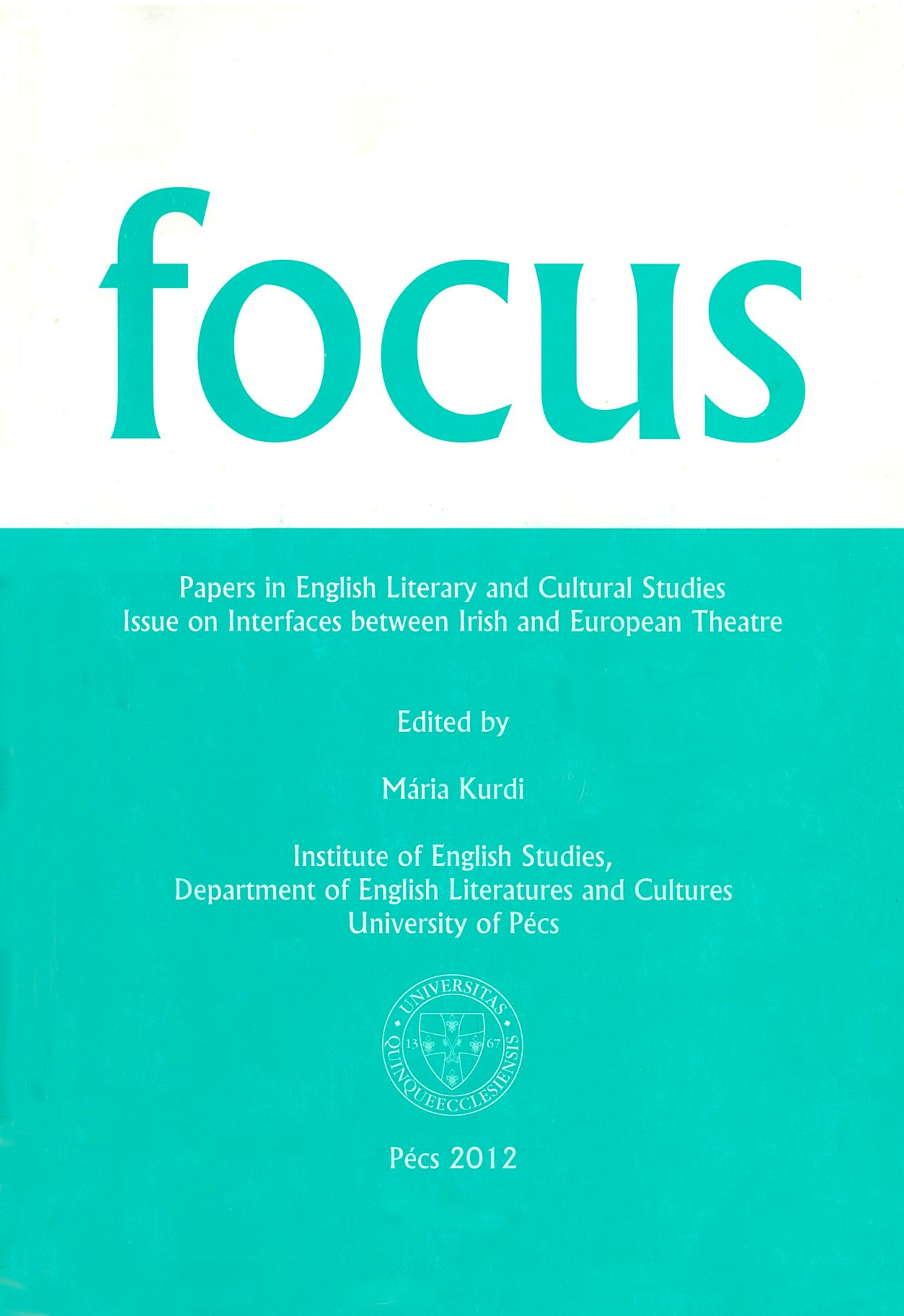Space and Theatre
DOI:
https://doi.org/10.15170/Focus.8.2012.1.13-23Keywords:
theatre studies, theatre researchAbstract
Theatre as an artistic and cultural activity has been the subject of academic speculation ever since the Greeks, but it was not until the beginning of the nineteenth century that European and American scholars institutionalized a field of theatre studies. A significant part of this new field’s self-definition involved a clear splitting away from traditional literary studies, within which theatre had previously had its academic home. The entire Western tradition, from the Greeks onward, considered the drama primarily as a branch of literature—the other basic divisions being the epic and the lyric. Traditionally theatre scholarship was based upon the literary text (Artistotle’s indifference to spectacle is an early and notorious example of this bias) and the actual process of the physical realization of this text, while not entirely ignored, was a matter of considerably less interest.
Downloads
Published
How to Cite
Issue
Section
License

This work is licensed under a Creative Commons Attribution-NonCommercial-NoDerivatives 4.0 International License.
FOCUS: Papers in English Literary and Cultural Studies follows the principles laid down by Creative Commons, which provides guarantees for the Author’s copyright while also ensuring that intellectual properties are made available for the wider public in a digital form. All papers submitted to the journal apply the following licence conditions (indicated on the journal’s website as well as in individual publications):
“© This work is licensed under a Creative Commons Attribution-NonCommercial-NoDerivatives 4.0 International License.”
You are free to:
- Share, copy and redistribute the material included in the journal in any medium or format under the following terms:
- Attribution — You must give appropriate credit to the Author, and indicate the original place of publication [FOCUS: Papers in English Literary and Cultural Studies, Issue nr., page numbers.].
- NonCommercial — You may not use the material for commercial purposes.
- NoDerivatives — You are not allowed to remix, transform, or build upon the material.
- The above conditions must always be indicated if the journal material is distributed in any form.
- The above conditions must always be met, unless a written permission signed by the Author and the Editor-in-Chief states otherwise.

